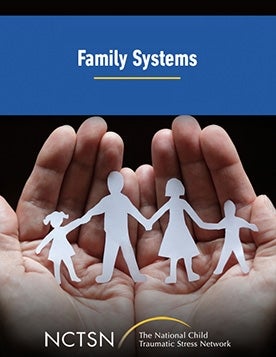
Family Systems
Covers current issues in family system assessments and family level interventions.
The NCTSN has produced dozens of webinar series, comprised of virtual presentations by expert researchers and practitioners, on various topics in the field of child traumatic stress. Most webinars are from 60 to 90 minutes in length and are available for continuing education credit.

Covers current issues in family system assessments and family level interventions.
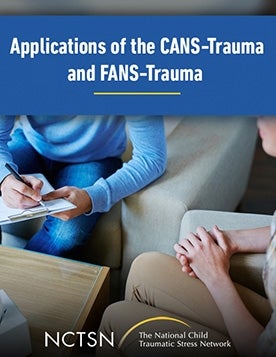
Gives an overview of the purpose and utility of the CANS-Trauma Comprehensive as an innovative, trauma-informed assessment strategy.
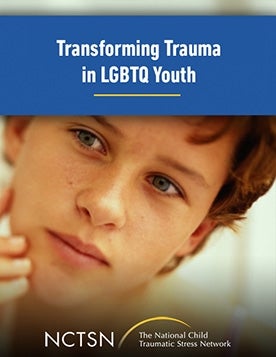
Provides concrete strategies that organizations and practitioners can implement to increase access and improve responsiveness to LGBTQ individuals and families.
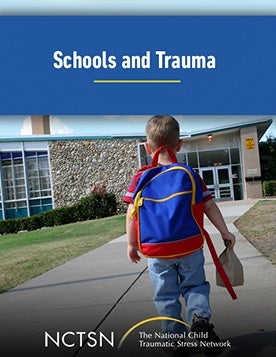
Describe the fundamentals of Psychological First Aid for Schools (PFA-S). This webinar offers information on how PFA-S helps to reduce the distress that school communities can experience after a disaster or violent event.
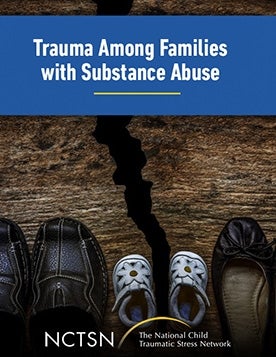
Provides information about the effects of prenatal exposure to substances and trauma on children.
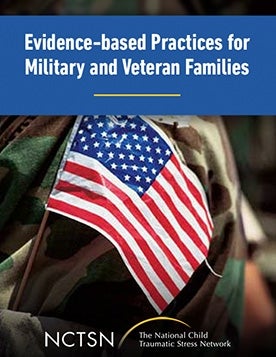
Familiarizes participants with several mental health programs and interventions designed for use with military and veteran families.
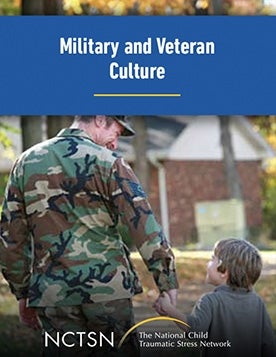
Discusses cultural considerations when providing mental health care to members of the military, veterans, and their families.
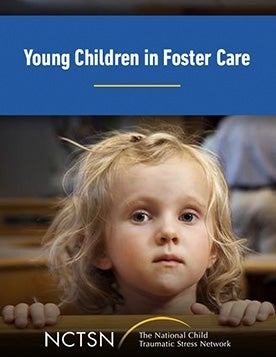
Addresses the complex issues and critical needs surrounding young traumatized children in the child welfare system and those who care for them.
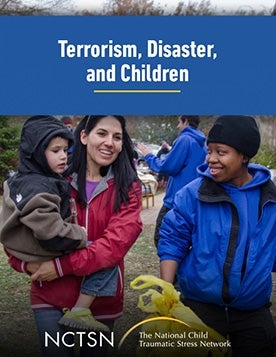
Examines the evolution of post-disaster interventions since 9/11.
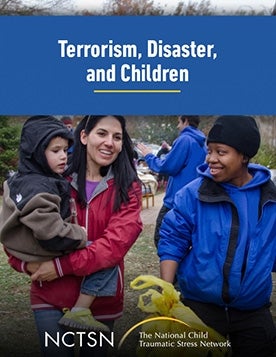
Describes how best to prepare our children for emergencies. This webinar discusses how to prepare for events from a community preparedness and resilience standpoint, as well as emergency preparedness within school settings.
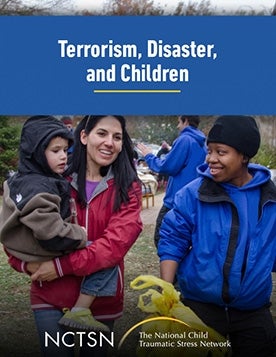
Describes poignant moments in the response to the September 11 terrorist attacks. This webinar discusses the impact on first responders' work, the role of the NCTSN, and what has occurred in the last decade for the disaster mental health field.
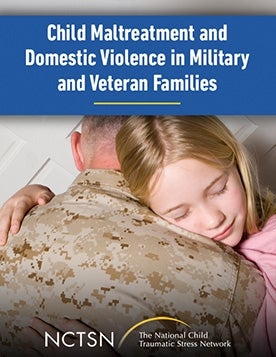
Focuses on programs for military families and children. This webinar series presents information that aims to prevent and intervene in cases of child abuse/neglect and domestic violence.